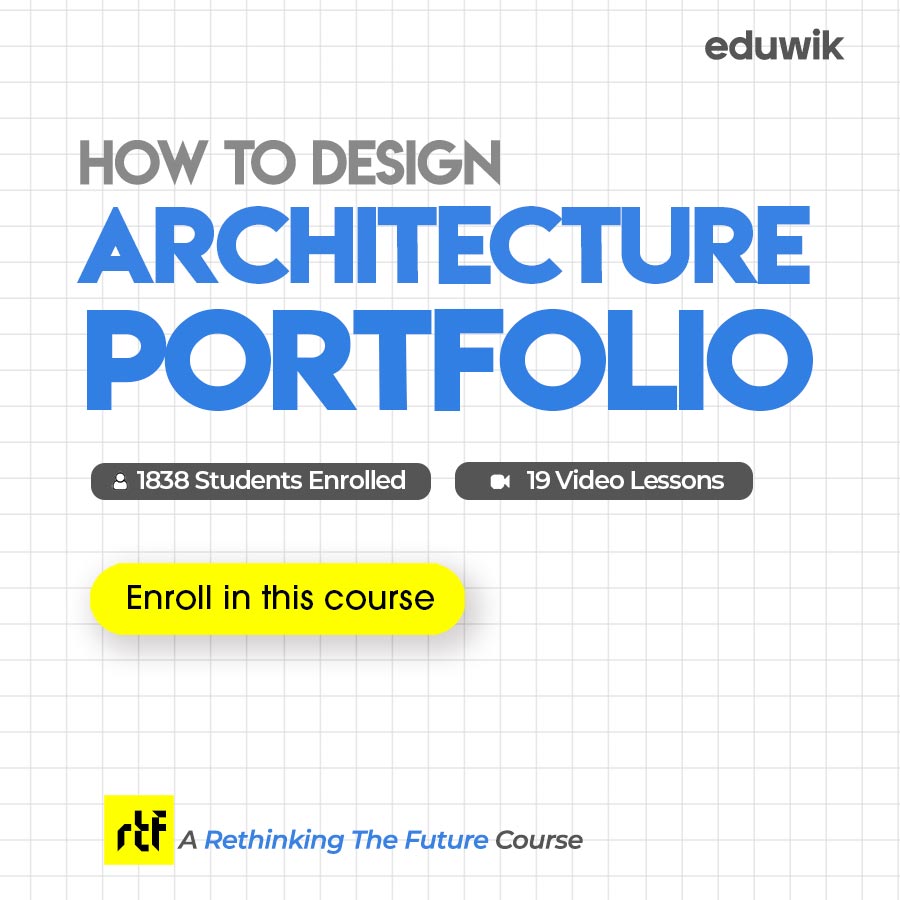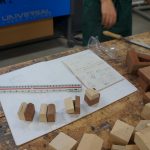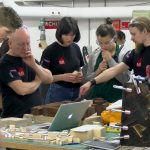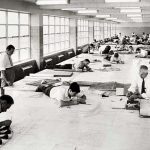Introduction to Workshops
In today’s competitive world and fast-paced life, an aspiring architect must get sufficient opportunities in order to become a better professional and understand the intricacy of the field in depth. The universities, generally, provide a curriculum that strictly needs to be followed, but somewhere it also limits students’ learning and thinking capacity as the curriculum includes a varied set of books and case studies as their source of information. By this, the students would understand only the theoretical aspects of design and somewhere lack practical knowledge. Hence, it is crucial to provide them with some hands-on experience as well for better command of their duties.
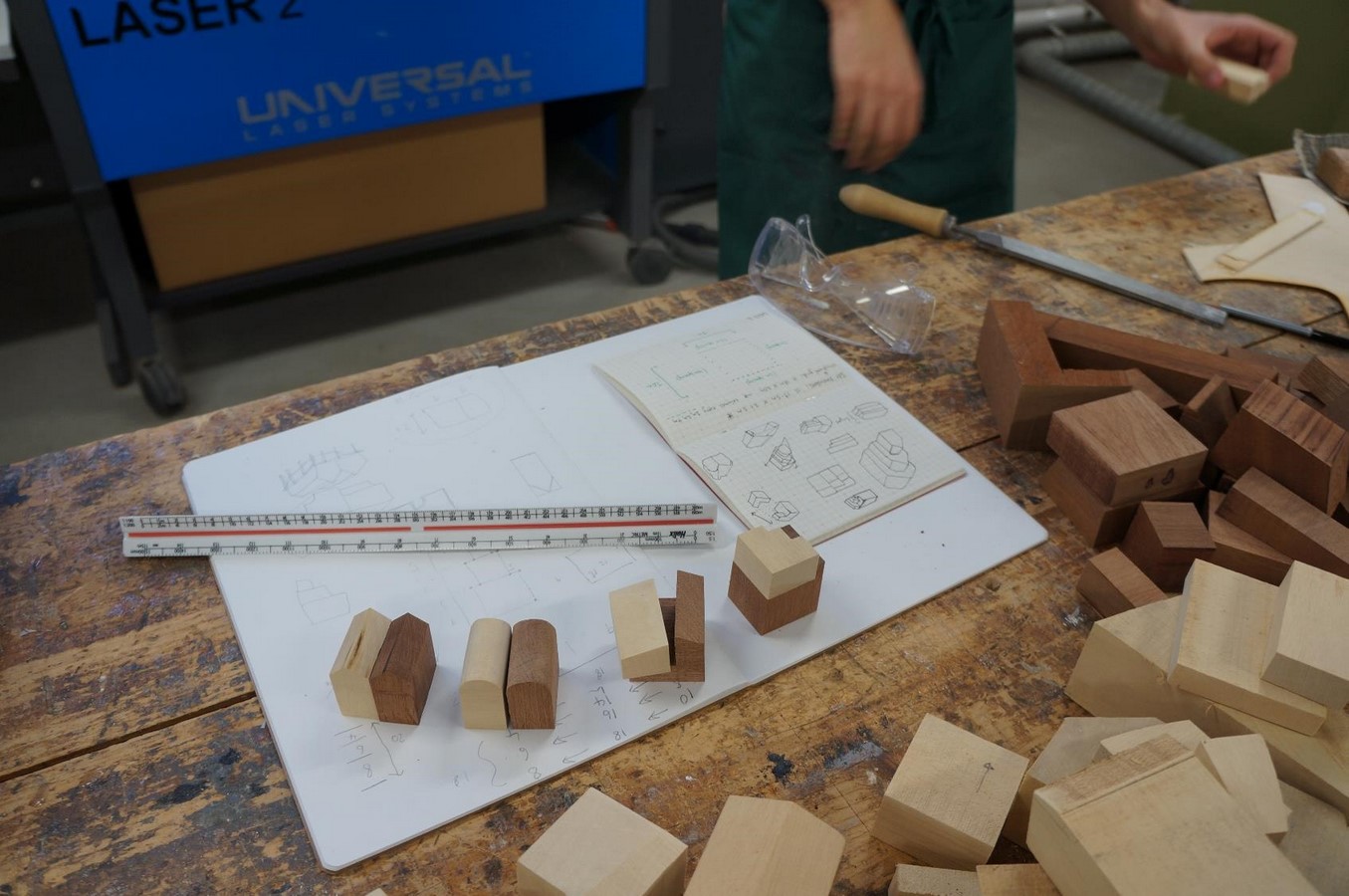
Workshops as a learning mechanism
In order to stand out as a professional and to upgrade oneself, skill development plays a vital role. It needs to be done consistently. To keep up with the demand of society and changing environments and functionality, research on technology and materials are carried out regularly to efficiently carry out the construction. The construction methods are required to be brought into action as well. For spreading awareness regarding the same, workshops tend to serve as a mechanism to educate and rejuvenate individuals for a better future.
Since formal education can only be provided through graduate programs and master’s programs, extra-curricular activities and exposure can only be availed by attending workshops and seminars on various levels or stages, be it national or international levels. In this information-oriented age, learning does not stop even after we graduate. Thus, workshops should be looked upon as golden opportunities to add more feathers to our caps. Students can also look for internships with the organizations that would conduct workshops.
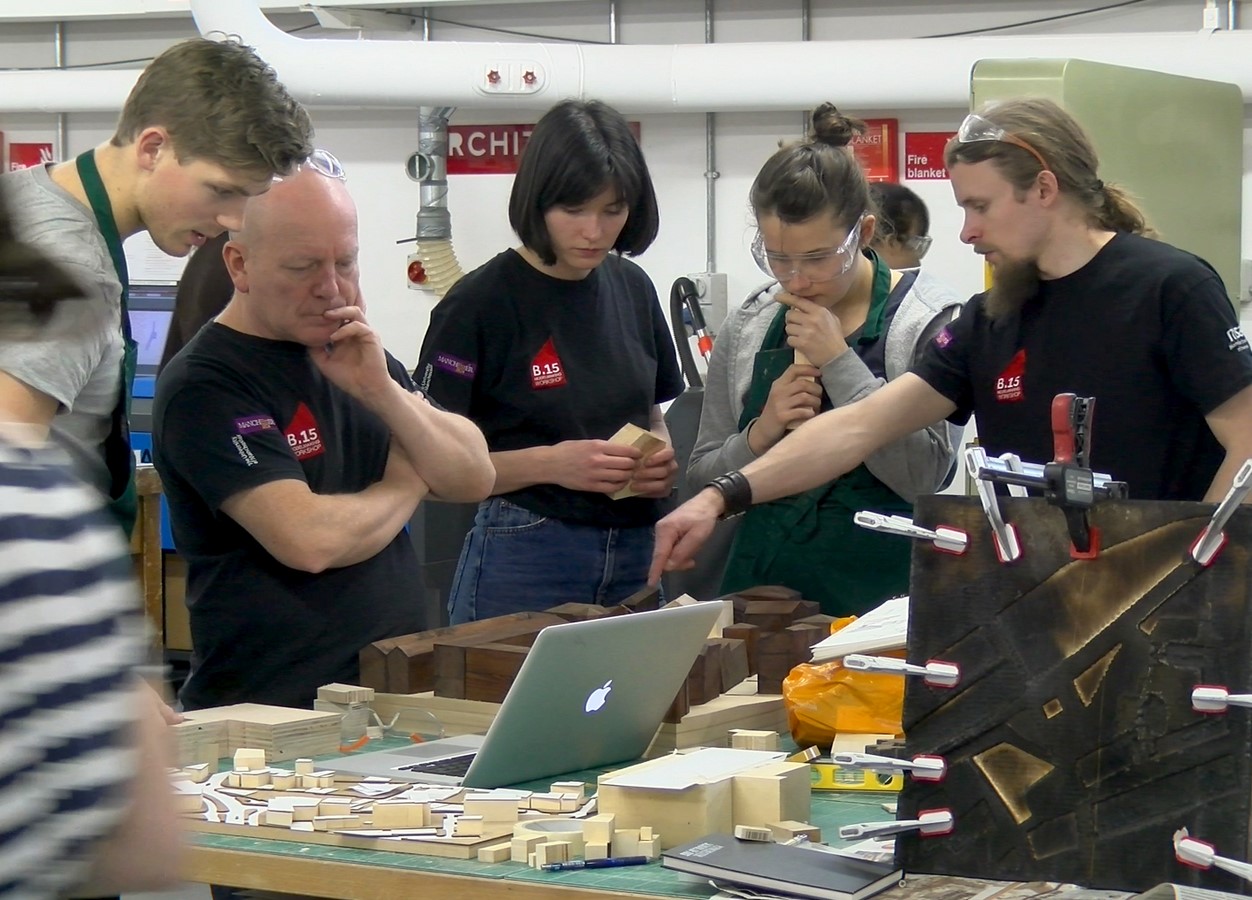
External opportunity
Attending workshops not only educates oneself but also provides a platform for youngsters and professionals to understand, imbibe and inculcate the values gained during the sessions. Communication plays a vital role in order to expand our professional circle. Workshops are rather a medium to directly learn and communicate with experts worldwide. Students also get to showcase their talents and nurture them further. The feedback received by the experts would help the students solve their design problems as well.
Even in the corporate world, since the organizations have their own set of rules and regulations and a planned strategy for carrying out different construction processes, they should conduct workshops to educate their employees and to make them realize that they can broaden their scope of work by enhancing their qualities. It would give them a clear vision of how to proceed with their projects in an efficient manner. The kind of workshops that can be conducted on the office premises is, namely – rendering software sessions, color combinations, landscape ideas, wooden carving and stone cladding, tile selection and importance etc.

Workshops as a part of the curriculum
Workshops should also become a part of the curriculum and should be conducted on a regular basis. Experts from different parts of the world can come together and form associations and provide interested candidates with a platform to learn and share. Colleges should conduct group discussion sessions as they can address the queries of many students and get to work with highly qualified professionals. This can help them boost their career path.
The kind of workshops which should be conducted on college premises in order to make learning more fun and fruitful is that of making bricks, bamboo structures workshop, latest technology and software used for modern buildings etc. Various topics such as woodwork, details and carvings, interior design workshops, sustainable materials, fixing of doors and windows, etc., can be covered in the workshops.
Conclusion
In order to maintain the bridge between formal and informal education, a mixture of activities, workshops, group discussions, competitions etc., needs to be carried out. The overall personality development of an individual depends on the level of experience they carry. These kinds of opportunities will turn out to be beneficial in order to glorify their career paths. A single workshop can open gateways for multiple ideas and paths to achieve success in the desired field.
Workshops should also gradually become part of the formal education curriculum. The young brains will be able to think and visualize things from a broader perspective. These can help in creating some out of the box designs and proposals. These are perks as they allow you to experiment, initiate and design all at the same time. Aspiring architects may find it less difficult to survive in professional life if they take advantage of these workshops. They get to make a better mark in society as they won’t miss out on what the current requirements are.
After all, architecture is about and for the users. If the architects and the students understand the importance of workshops, they as a unit can make changes in the curriculum and start their own revolution where they can promote practical skills and their importance in today’s tech-friendly world and give their major contributions in the society likewise.
References:
- Melike Orhan. The Role and Importance of Workshops in the Architectural Design Education; Case of “Self Made Architecture” (Last updated: March 2017) Available at: https://www.researchgate.net/publication/321447112_The_Role_and_Importance_of_Workshops_in_the_Architectural_Design_Education_Case_of_Self_Made_Architecture_I-II
[Accessed 16 April 2022].







